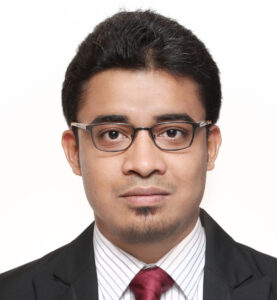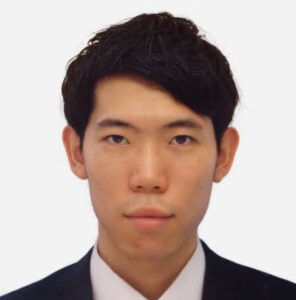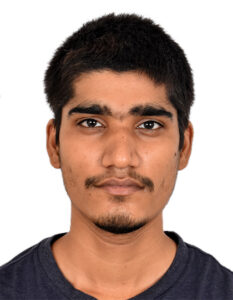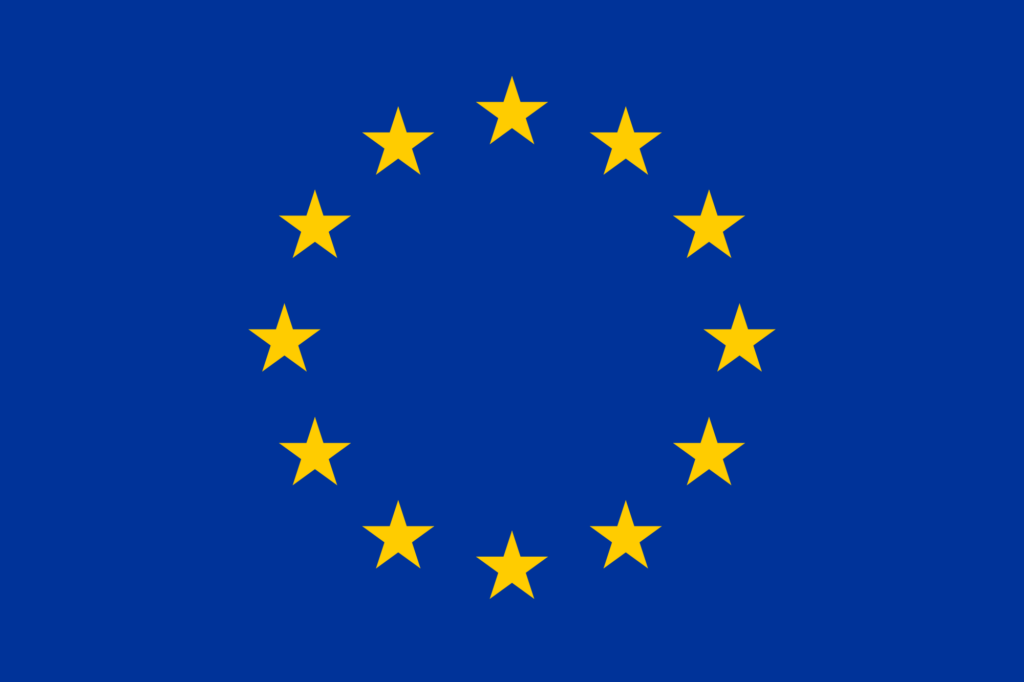Researcher: Surya Revanth Ayyagari
Researcher CV: Surya Revanth Ayyagari received the Masters in Optics and Photonics (MSc in KSOP) at Karlsruhe Institute of Technolgy (KIT), Germany, and the Bachelor degree in Mechanical Engineering (B.tech) at Koneru Lakshmaiah from University (KLU), India.
In 2018-2019, he worked as a research assistant between at Tampere University, Finland on “Nanophotonics” focusing on a project entitled „Ultrafast Tunable Epsilon-Near-Zero Multilayer Metamaterial“. He has experience in FDTD simulations, working in ISO4 and ISO5 cleanroom equipment, optical spectroscopic measurements and numerical data analysis.
Research 0bjectives: The purpose is to develop high efficiency diffractive lenses in order to replace refractive optics. The silicon-based multi-level phase-correcting Fresnel lenses including antireflective structures as well as the free-standing-film Soret zone plate lenses for up to 4.7 THz for high focusing efficiency and very short focal length will be developed. This research work will contribute to answering TERAOPTICS’ research Challenge IV and V.
Expected results: A huge variety of THz systems employs different THz lenses made of metal reflectors (reflection mode) or dielectric refractors (transmission mode). Aiming to maintain compactness and robustness of the THz systems, such elements should be replaced by phase zone plates that are thinner and lighter. In this work we will also develop solutions for integration of the diffractive lenses and antireflective structures on-chip with the THz detectors and emitters. Previously scientific work has mainly focused on development of diffractive lenses with a moderate foci and small number of phase-correcting steps because of technological challenges of surface patterning of silicon especially for the THz frequency range below 500 GHz (wavelengths above 0.6 mm). Recently, the mask-less direct laser ablation technology has been developed for THz patterning of silicon, allowing more sophisticated profiles with the increase of the component performance which makes the integration in compact THz systems possible.
Planned secondment(s):
- to UDE (Prof. Andreas Stöhr), M18 for ~1 months, for introduction to low-loss optical phase and TTD modulators
- to ULIL (Prof. Guillaume Ducournau), M24 for ~1.5 months, for diffractive optics integration with UTC-PD source
- to DAS (Dr. Valentin Polo), M30 for ~1,5 months, for testing devices in spectroscopic imagers






